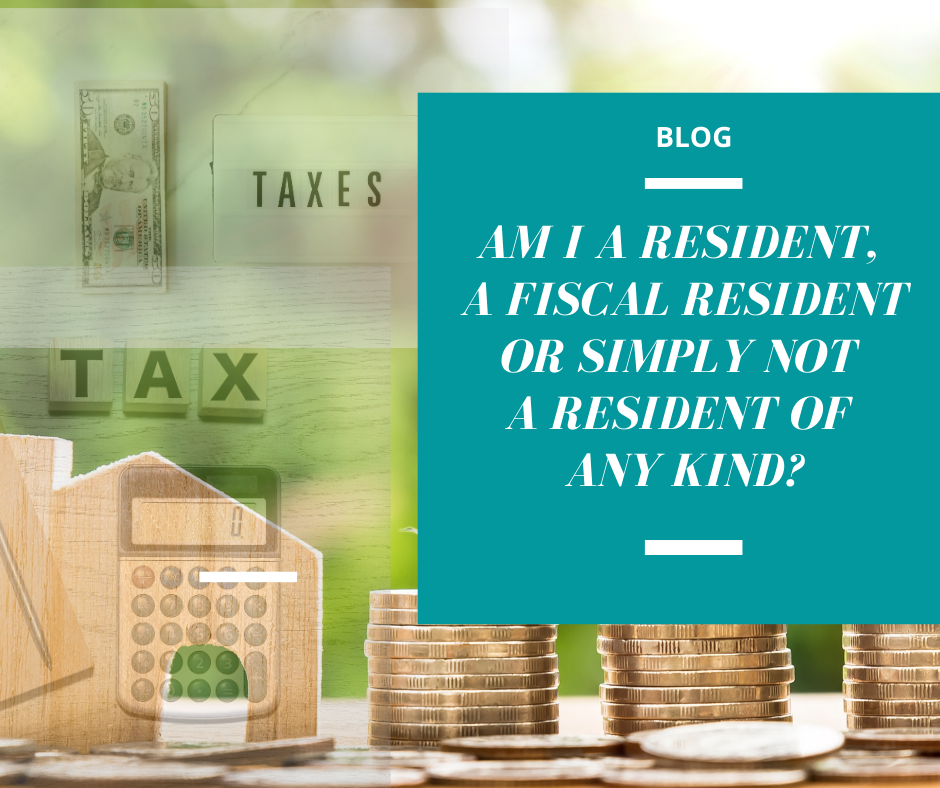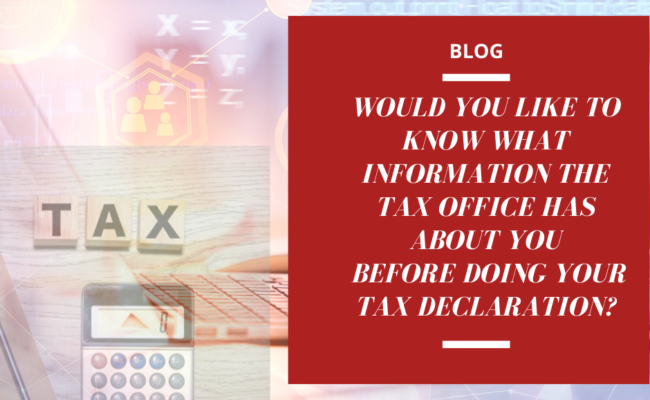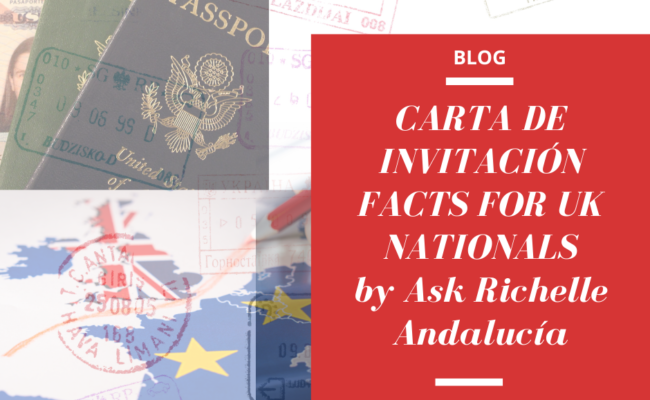As the saying goes ‘This is the one in a million question!’
It is really complicated to explain all of these concepts without getting technical. However, I am going to try to explain in the simplest way possible so that you have a mental idea in your head.
The initial category of every foreigner who comes to Spain would be that of a NON-RESIDENT.
Presumably, the foreigner initially comes to Spain in a non-permanent character. For this, you will only need an NIE number and depending on what you are doing, a non-resident’s certificate (which can also be requested together with the application for the NIE number).
These procedures are carried out at the corresponding POLICE STATION. If you are a British citizen you have to apply for the TIE.
For EU and Citizens of other countries outside the EU once you are in Spain, and you decide that you want to live permanently in Spain, then you have to take the next step forward, you will have to ask again at the POLICE STATION to BE A RESIDENT. You have to go with all the paperwork that is requested, this is different depending on the nationality of the person (it is not the same for Europeans and non-Europeans).

“In other words, they are two different avenues, and at the moment neither crosses or converges with the other.”
What does our taxation system say about what determines being (and here I use the key term) a FISCAL RESIDENT?
If you live in Spain for more than half the year, for all purposes you would be considered a TAX RESIDENT. To calculate this, we have to add up the days up from the 1st of January to the 31st December of that year that you have been in Spain.
For example: we are in January 2020. What tax category am I in? On December 31st, 2019, did I spend more than half the year in Spain or not? (You have to count the days/weeks of each time, it doesn’t mean 6 consecutive months) If the answer is yes, welcome to the wonderful world of TAX RESIDENTS. If, on the contrary, the answer is negative, you are still in the world of NON-TAX RESIDENTS.
YOU WILL BE UP TO DATE WITH THE LATEST NEWS ABOUT INTERNATIONAL CLIENTS
As you can imagine, there is a big difference between one category and the other.
To be a TAX RESIDENT is to pay taxes in Spain as if you were a Spaniard.
You would have to file a tax declaration every year and you would have to declare YOUR WORLDWIDE INCOME (all the income you obtain from everywhere in the world).
But in all this matter, the key question is, HOW DO THE SPANISH AUTHORITIES KNOW IF I HAVE LIVED IN SPAIN FOR MORE THAN 6 MONTHS IN ONE YEAR, OR NOT?
The answer is very simple THEY DON’T KNOW. Unless you are from a country where it is obligatory to stamp your passport every time you enter Spain.
Many clients ask me: so you are telling me that it is an ACT OF FAITH? Are you telling me that if I move freely in Europe and I don’t have to stamp my passport, there is no way for the Tax Office in Spain to know how long I am actually in Spain?
Well the answer is YES. That is exactly what I am saying.
This provokes the common situation, where foreigners are RESIDENTS (registered at the police station), but ARE NOT TAX RESIDENTS here in Spain, and are taxed in their country of origin. I know that I just short-circuited your head, but what I’m telling you is true.
I insist that the answer to the key point is all important: the key is to determine whether you live here more or less than 6 months every year, and the other key is how could it be PROVEN. If you want to go deeper into this matter, read my post, click on this link. You will be able to find answers to all these questions.










